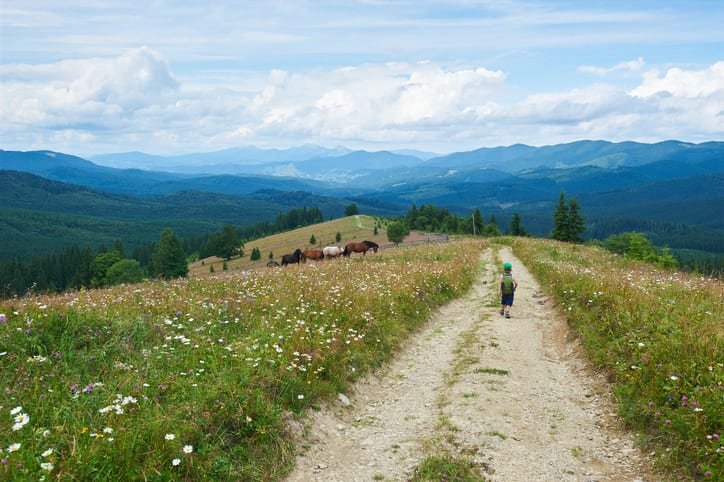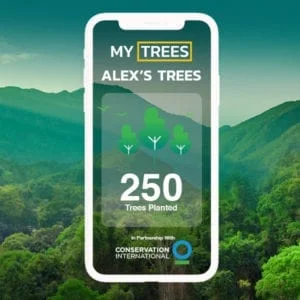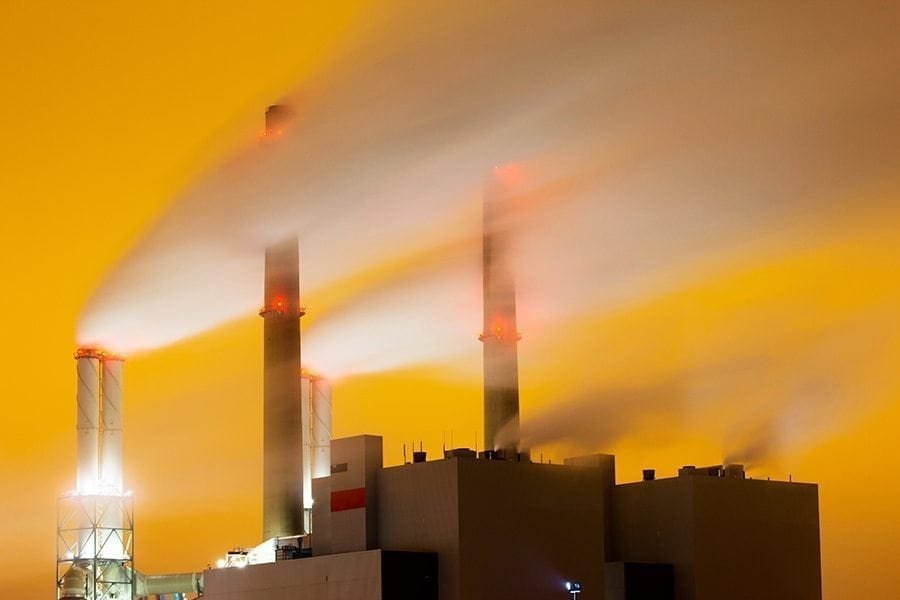Greenpeace sets out a series of policy measures to rapidly speed up the transition to electric vehicles and the electrification of public transport, creating thousands of new jobs, increasing export opportunities and enabling the sale of new petrol and diesel cars and vans to be banned by 2030.
Smart power
The future electric transport system will be dependent on an upgraded, smart and flexible grid as well as a huge increase in renewable energy generation. Renewables are already the cheapest form of electricity generation, offering the possibility of lower household bills.
By making offshore wind the backbone of the UK’s energy system, supported by a thriving onshore wind and solar sector, we will increase local access to clean, affordable power and add thousands of jobs to an already successful sector.
Upgrading the electricity grid to ensure a smart and flexible energy system will increase UK energy security and strengthen the UK’s specialism in advanced digital technology.
Not only would an upgraded grid unlock the full potential of electric vehicles and clean transport, but it would also enable the clean heating of our buildings via heat pumps.
Green buildings
The UK has the least energy-efficient housing stock in Western Europe, which means high heating costs for low-income households. This contributes to poor health, costing the NHS up to £2 billion a year in England.
Kick-starting a nationwide home and public sector energy efficiency programme will save vast amounts of money, including from people’s energy bills, and help end fuel poverty. It would also unlock billions in private investment and create thousands of skilled jobs across the UK.
A new policy framework should be introduced to ensure all new buildings are installed with solar panels, and required to meet Passivhaus standards, or equivalent, by 2023.
By 2030, the standard for new buildings should be even more ambitious, requiring a high level of energy efficiency, alongside meeting net zero emissions for all power and heating applications.
Along with creating jobs, these measures will make the UK a world leader in green building design and will give savings for owners of new homes every year on energy bills.
Nature and a circular economy
The nature emergency requires a UK-wide programme of nature recovery, restoration and protection projects on land and at sea to avoid further catastrophic losses of wildlife and biodiversity.
Properly funded programmes to plant at least 700 million trees, suitable for local ecosystems, and restore all degraded peatland by 2030, would provide a huge boost to nature and wildlife, support thousands of jobs, help lock in carbon and protect homes from flood risks.
Coastal communities can be supported and protected with spending commitments to boost flood and coastal resilience and marine protection.
A new system to allocate fishing quota on the basis of environmental protection and local job creation would bring a huge boost to coastal livelihoods.
A zero-waste economy
Finally, Greenpeace states the government must get the UK on track to a zero-waste economy by halving the use of single-use plastics by 2025, rapidly implementing a Deposit Return Scheme for drinks containers of all materials and sizes, and Extended Producer Responsibility.
This would ensure that producers pay the full costs of managing materials after use, reduce waste, protect wildlife, support innovation, create jobs and unlock private investment in efficient product design and sustainable waste infrastructure.
Greenpeace is not alone in calling for a green recovery, but A Green Recovery: How We Get There is the first detailed document setting out exactly how the UK government could do it.
 Play Video about This Rock Might Just Save The World
Play Video about This Rock Might Just Save The World Play Video about Play 2 hours of rock
Play Video about Play 2 hours of rock Play Video about Play 2 hours of brook
Play Video about Play 2 hours of brook Play Video about Play 2 hours of sheep
Play Video about Play 2 hours of sheep















































